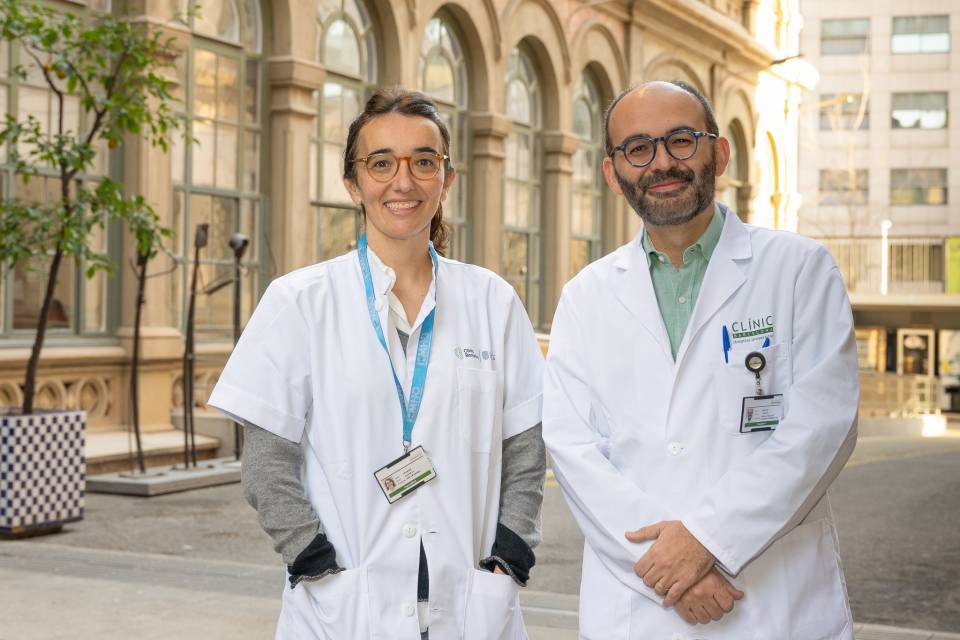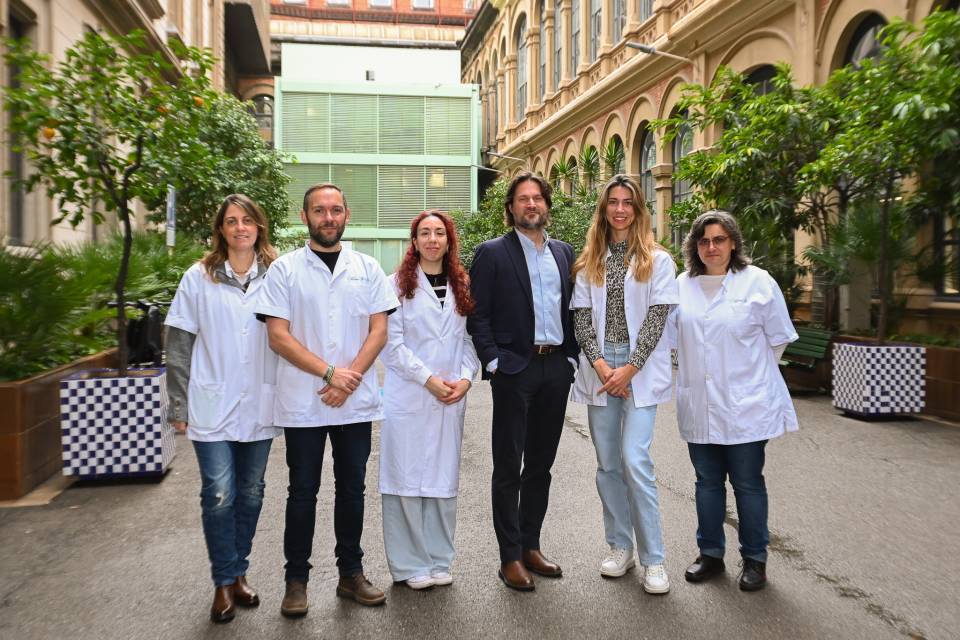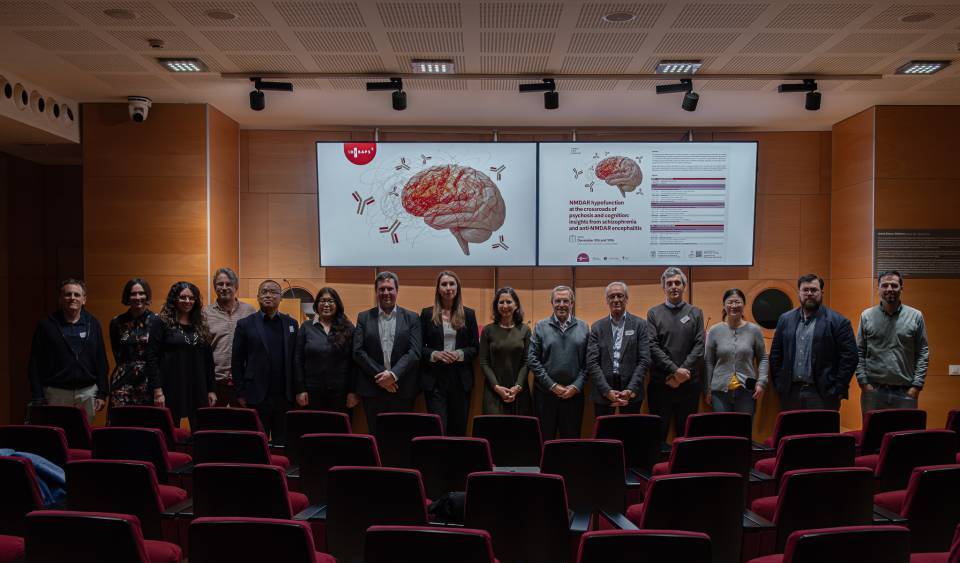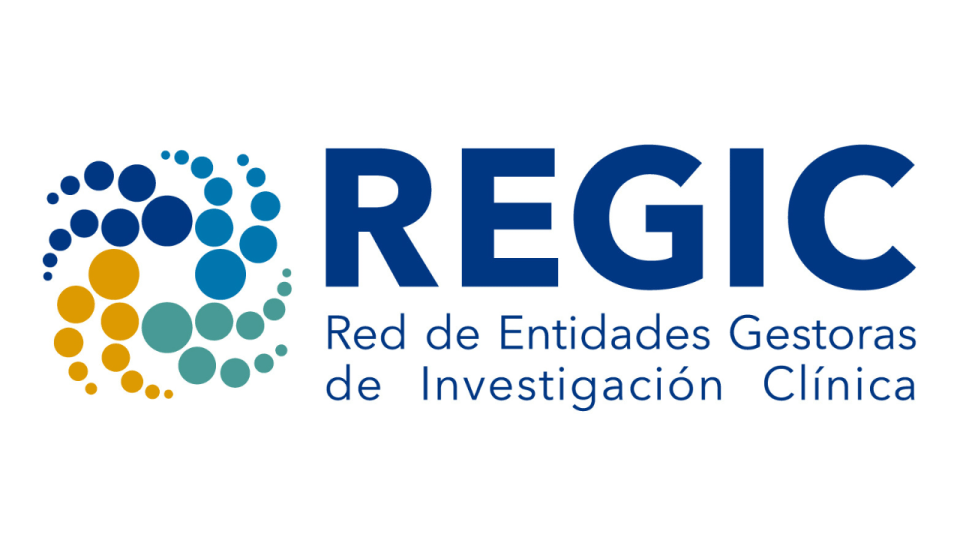For multiple myeloma patients who do not respond or relapse after traditional chemotherapy, the advent of therapy with CAR T cells, cells from the patient’s own immune system modified in the laboratory in order to recognize and attack cancer cells, has been a major breakthrough. However, not all patients respond equally to this type of cell therapy, and early relapse is often indicative of poor prognosis.
Now, an international team led by the Hospital Clínic-IDIBAPS, along with the University Medical Center Hamburg-Eppendorf, the US Myeloma Innovations Research Collaborative in Kansas City and the Hebrew University of Jerusalem, has presented the first model to predict and identify the multiple myeloma patients who will benefit most from CAR T-cell therapy, and thus be able to offer a more personalized and effective therapy.
“Despite the great revolution that CAR T-cell therapy brought to multiple myeloma patients, there was still no international, validated model to predict patient response." -says Carlos Fernández De Larrea, haematologist at the Hospital Clínic, head of the IDIBAPS Myeloma, amyloidosis, macroglobulinaemia and other gammopthies research group, and one of the coordinators of this project- With this simple model we are presenting, we can divide patients into groups according to the probability that they will stop responding to treatment with CAR T cells. These data make it easier for us to choose the best time to start CAR T-cell therapy for each multiple myeloma patient”.
The new model, published in the Journal of Clinical Oncology and presented yesterday at the EBMT-EHA 6th European CAR T-cell Meeting in Valencia, is based on four independent indicators whose presence increases the risk of relapse after CAR T-cell therapy: the presence of cancer cells in the blood or in tumours outside the bone marrow, the patient’s previous failure to respond to chemotherapy with lenalidomide, adverse genetic data in tumour cells, and an increase in the iron-storage protein.
A model based on classification by points
This is the first model to predict the response to CAR T-cell therapy in multiple myeloma and was generated through a retrospective study of over 260 patients from Europe and the United States.
“It was a major collaborative undertaking involving many institutions from all over the world. At the Hospital Clínic-IDIBAPS we included information from patients treated with both commercial CAR T-cell therapies and those who had received an academic CAR T-cell therapy developed at our institution, ARI0002h, as well as the development of the model in conjunction with researchers from other institutions in several countries”, says Carlos Fernández De Larrea.
In this model, the patients are divided into three risk groups for cancer recurrence after CAR T-cell therapy, based on how many of the four biomarkers each patient has. Those with no or only one biomarker are considered low risk, those with two or three are considered intermediate risk, and those with all four are considered high risk.
Validation of this model with the European and US cohorts shows that only 7% of low-risk patients have cancer recurrence after CAR T-cell therapy, in intermediate-risk patients this percentage rises to 27%, and in the high-risk group to 53% of patients.
The development of CAR T-cell therapies at the Hospital Clínic has the fundamental support of the "la Caixa" Foundation, thanks to a strategic alliance to promote pioneering high-impact cancer research and to improve care for cancer patients. In order to carry out this clinical trial, specific funding was received from the Carlos III Health Institute (ISCIII).
Article reference:
Gagelmann N, Dima D, Merz M, Hashmi H, Ahmed N, Tovar N, Oliver-Caldés A, Stölzel F, Rathje K, Fischer L, Born P, Schäfer L, Albici AM, Schub N, Kfir-Erenfeld S, Assayag M, Asherie N, Wulf GG, Kharboutli S, Müller F, Shune L, Davis JA, Anwer F, Vucinic V, Platzbecker U, Ayuk F, Kröger N, Khouri J, Gurnari C, McGuirk J, Stepensky P, Abdallah AO, Fernández de Larrea C. Development and Validation of a Prediction Model of Outcome After B-Cell Maturation Antigen-Directed Chimeric Antigen Receptor T-Cell Therapy in Relapsed/Refractory Multiple Myeloma. J Clin Oncol. 2024 Feb 15:JCO2302232. doi: 10.1200/JCO.23.02232.




